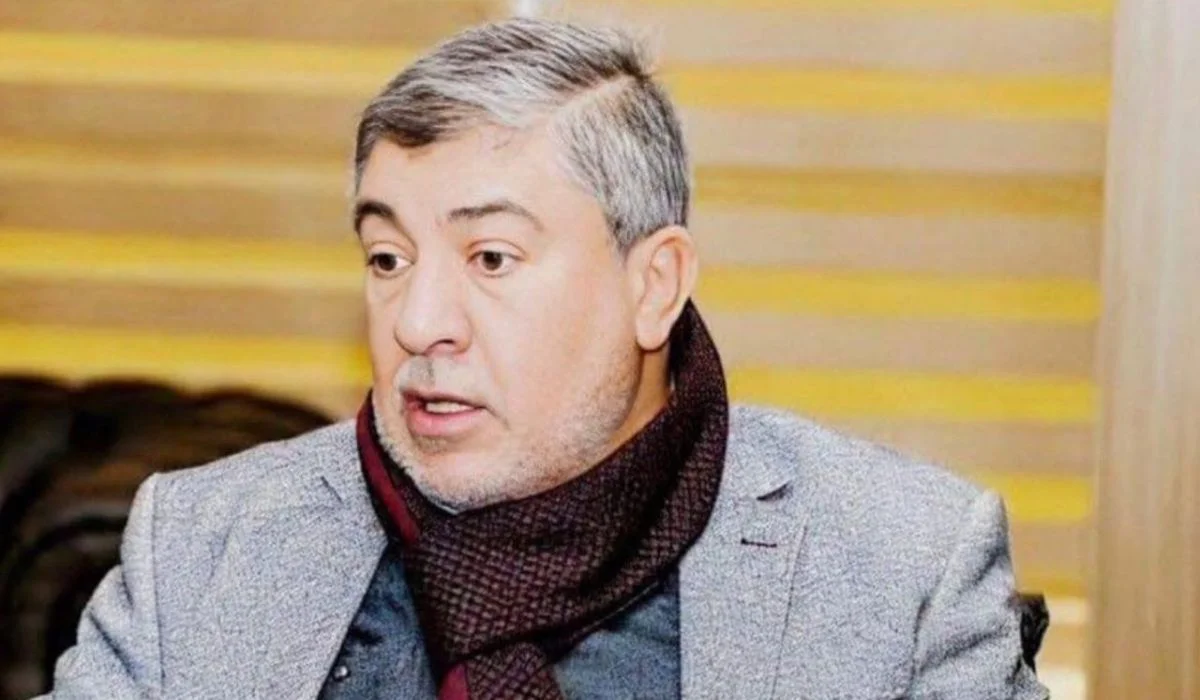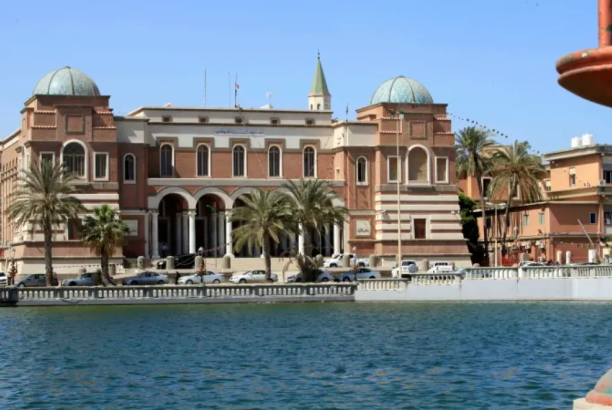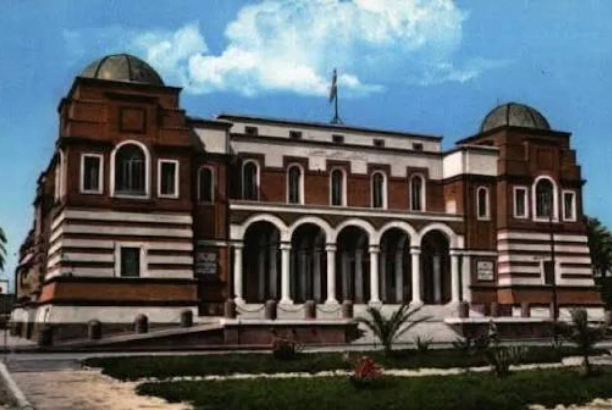
| News
Exclusive: Al-Sharif: “The Banking System Has Failed to Reinvest Its Excess Deposits… The Central Bank Must Rebuild Collapsed Trust”
Economic expert Idris Al-Sharif told our source exclusively: “The Libyan economy is a simple cash-based economy. Despite efforts to expand electronic payment services, which have achieved remarkable success over the past year, the preference for liquidity—arising from the fact that many economic activities and transactions can only be conducted in cash—forces citizens to seek cash even if it costs them part of their limited income, through practices known as ‘burning checks’ or accepting a lower cash amount.”
He added: “Almost all types of services—especially those related to foreign labor in construction and various trades, private education and healthcare services, real estate rentals (shops or residences), and simple retail trade—require immediate cash payments.”
He also said: “Therefore, the scenes of people crowding banks and standing (reluctantly) in long queues at ATMs should not be imagined as mere entertainment or a way to pass time!”
He continued: “At the same time, it cannot be ignored that most shadow economy activities—both legal and illegal—which make up a large portion of the economy, strongly prefer not to deal through the banking system (in dinars or dollars) and will continue to use cash regardless of how much electronic services expand.”
▪︎ “The Central Bank is aware of all these facts!”
It was expected that when the Bank decided to withdraw more than twenty billion dinars (in three denominations), (and it may have had valid reasons), it would at least consider printing half of this amount to replace the withdrawn value to prevent the crippling crisis we are witnessing today.
▪︎ “Now that the situation has occurred, the short-term option is to accelerate the printing of currency to compensate for a large portion of what was withdrawn. The Central Bank should know or anticipate that any amount distributed will not easily return to the banks under current withdrawal restrictions and fees, and that people will understand it will not be replaced in the short or medium term, at least!”
He added: “Therefore, the Central Bank must rebuild the collapsed trust between the public and the banking system it supervises. In this context, it could announce that anyone depositing new funds in a bank can withdraw them anytime, in full, without restrictions or fees, while maintaining the restrictions and fees on previous balances and deposits if necessary.”
▪︎ “It should be noted that total bank deposits have exceeded 112 billion dinars—more than double the value of currency in circulation in the market, approximately 54 billion dinars, according to the latest economic bulletin issued by the Central Bank.”
He concluded: “The banking system has failed to reinvest its excess deposits, which amount to over 80 billion dinars (after the mandatory reserve), and to inject them into the economy in the form of investments (the primary function of banks), even though the Libyan economy suffers from unemployment and poor use of resources. The reasons are well known, many of which are beyond the control of the banking system, which obviously cannot risk depositors’ funds without guarantees in an unfavorable and highly risky investment environment.”





